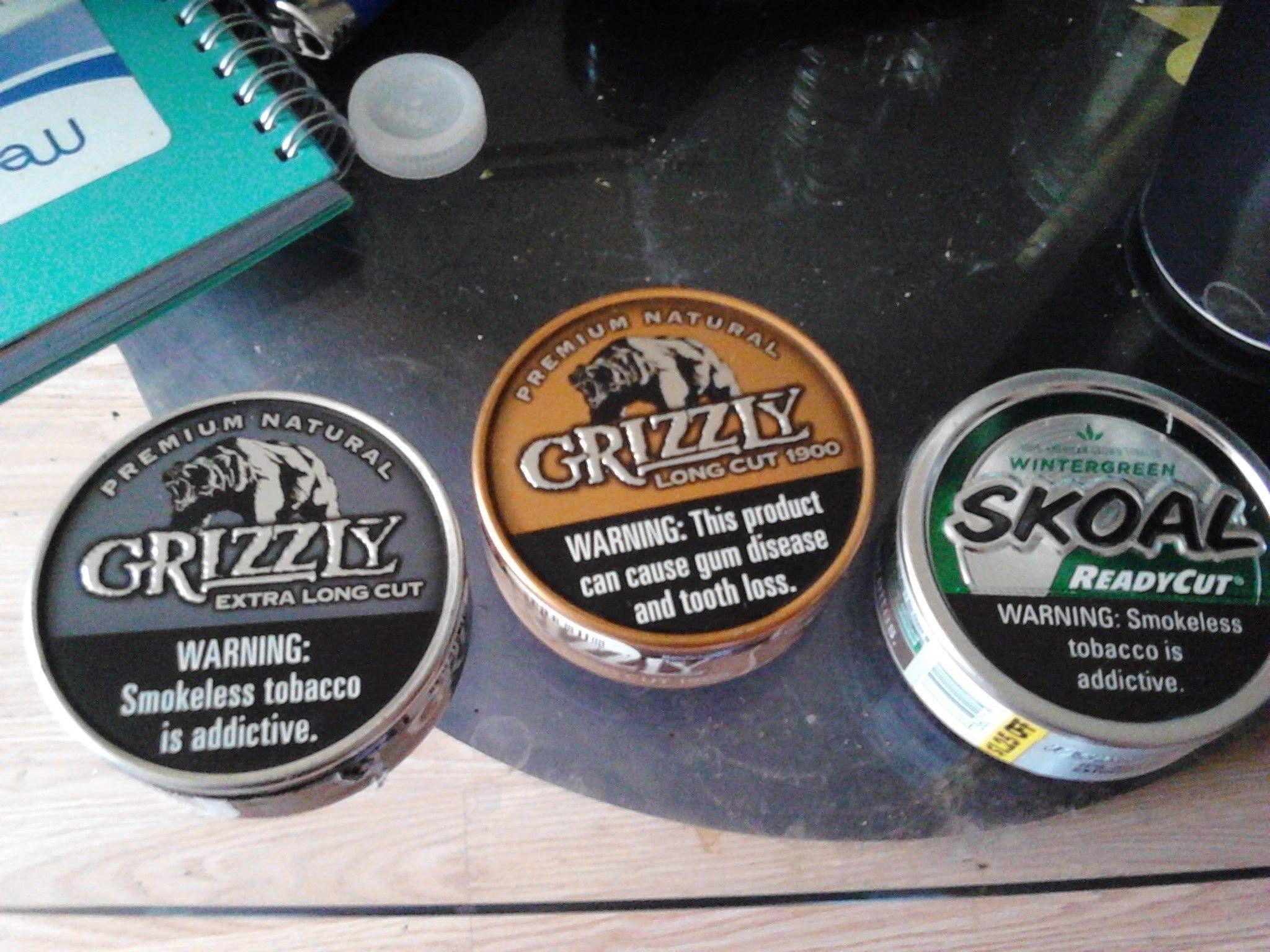Introduction: In recent years, there has been growing interest in smokeless tobacco products as alternatives to traditional cigarettes. Among these products, Grizzly Snus has gained popularity for its convenient and discreet form factor, as well as its potential to deliver nicotine satisfaction without the need for combustion. In this article, we’ll take a closer look at Grizzly Snus, examining its characteristics, usage, potential benefits, and considerations for those considering using it as a tobacco alternative.
Understanding Grizzly Snus: Grizzly Snus is a smokeless tobacco product that comes in the form of small pouches containing ground tobacco. Unlike traditional chewing tobacco, Grizzly Snus does not require spitting, making it a more discreet and convenient option for users. The pouches are placed between the upper lip and gum, where they release nicotine and flavor over time through oral absorption. Grizzly Snus is available in various flavors and nicotine strengths to suit individual preferences.
Usage and Benefits of Grizzly Snus: Grizzly Snus offers several potential benefits for individuals seeking an alternative to smoking cigarettes:
- Smoke-Free Nicotine Delivery: Grizzly Snus provides a way for individuals to satisfy their nicotine cravings without the harmful effects of combustion and smoke inhalation. By eliminating the need for burning tobacco, Grizzly Snus reduces exposure to harmful chemicals and may be perceived as a less risky alternative to smoking.
- Convenience and Discretion: The small, pre-portioned pouches of Grizzly Snus are discreet and easy to use, making them suitable for situations where smoking may not be permitted or convenient. Whether at work, in social settings, or during travel, Grizzly Snus offers a smoke-free nicotine option that can be used discreetly without the need for spitting.
- Flavor Options: Grizzly Snus is available in a variety of flavors, ranging from traditional tobacco to mint, wintergreen, and fruit flavors. This variety allows users to choose their preferred flavor profile, enhancing the overall experience and satisfaction of using snus.
- Potentially Reduced Health Risks: While smokeless tobacco products like Grizzly Snus are not without risks, they are generally considered to pose lower health risks compared to smoking cigarettes. By eliminating exposure to tar and combustion by-products, Grizzly Snus may reduce the risk of respiratory diseases and certain cancers associated with smoking.
Considerations for Use: Despite its potential benefits, it’s important to consider the following factors when using Grizzly Snus:
- Nicotine Addiction: Like all tobacco products, Grizzly Snus contains nicotine, a highly addictive substance. Users should be aware of the risks of nicotine addiction and use snus responsibly to minimize dependence and withdrawal symptoms.
- Oral Health Risks: While Grizzly Snus does not involve the inhalation of smoke, it can still pose risks to oral health. Prolonged use of snus may increase the risk of gum disease, tooth decay, and oral cancer. Users should practice good oral hygiene and be mindful of potential oral health consequences.
- Not a Smoking Cessation Aid: While some individuals may use Grizzly Snus as a smoking cessation aid, it is not intended or approved for this purpose. Quitting smoking remains the best way to reduce health risks associated with tobacco use, and individuals interested in quitting should seek support from healthcare professionals and evidence-based cessation programs.
Conclusion: Grizzly Snus offers a smokeless alternative to traditional cigarettes, providing users with a convenient and discreet way to satisfy their nicotine cravings. While it may offer certain benefits, it’s essential for users to understand the potential health risks and use snus responsibly. By making informed choices and practicing moderation, individuals can enjoy the potential benefits of Grizzly Snus while minimizing associated risks to their health and well-being. As always, individuals considering using tobacco or nicotine products should consult with healthcare professionals for personalized guidance and support.



